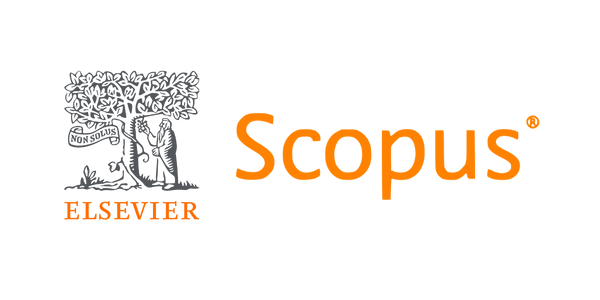Knowledge, attitude and eye care practices of dental professionals in a tertiary hospital in Kano, Nigeria
DOI:
https://doi.org/10.61386/imj.v17i3.502Keywords:
Dental professionals, Occupational health, Eye health, Vision, Nigeria, Eye care educationAbstract
Background: Dental professionals are at high risk for eye injuries and eyestrain due to the nature of their work.
Aims: This study aimed to evaluate the knowledge, attitudes, and practices of eye care among dental professionals in Aminu Kano Teaching Hospital (AKTH), Kano, Nigeria.
Methods: A cross-sectional survey was conducted among 102 dental professionals at AKTH. A Simple random sampling technique using the one-time balloting system was used in selecting participants for this study. A self-administered questionnaire was used to collect data on participants' demographics, eye health knowledge, attitudes, and practices. Data collected was analysed using the Statistical Package for Social Sciences version 25 (SPSS version 22).
Results: The mean age of participants was 34.0 ± 7.5 years with a sex distribution of 3:2 male to female ratio. The majority were dentists (63.7%). Forty percent of participants use prescribed spectacles. The most common eye conditions reported were myopia (29.3%) and astigmatism (21.9%). Overall, participants had poor knowledge of eyecare. About 45.1% knew that eye check-ups should be done annually, and same proportion had heard of refractive surgery. Professional cadre and spectacles-use were the only demographic factors associated with eye care knowledge. The majority of participants (81.4%) had a positive attitude towards eyecare, but only 10.8% used vision enhancers (ocular loupes and binoculars/magnifiers). The most common reasons for not using vision enhancers were lack of provision by their employers (56%) and non-availability (15.4%).
Conclusion: Dental professionals in this study exhibited limited knowledge of eyecare, positive attitude towards eyecare but low utilization of vision enhancers that are important for increased workplace efficiency and safety. It is imperative to ensure that dental professionals adopt best practices to prevent workplace hazards.
Published
License
Copyright (c) 2024 Okolo C, Topah EK, Yahaya A, Okpo E

This work is licensed under a Creative Commons Attribution 4.0 International License.










